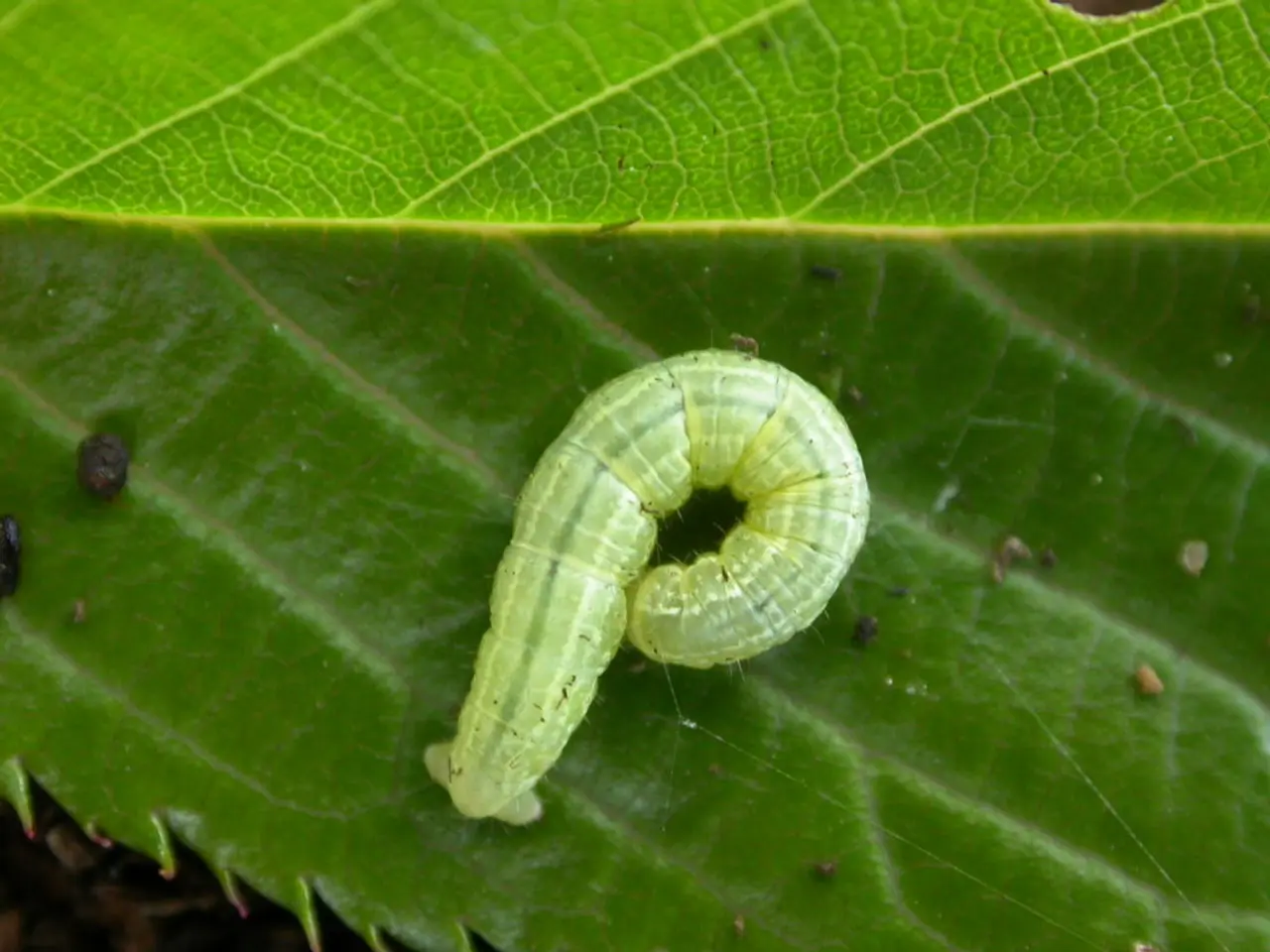Disclosure of details will ensue under the specified conditions:
Cryptosporidiosis is a disease caused by a microscopic parasite called Cryptosporidium. This parasite can contaminate various substances, including water, food, soil, and surfaces, making it a global health concern.
The parasite, Cryptosporidium, is known to live in various environments, such as water, food, soil, or on surfaces contaminated with infected feces. When ingested, it can cause Cryptosporidiosis, a disease characterised by watery diarrhea, stomach cramps, nausea, and vomiting.
Symptoms typically appear 2 to 10 days after infection, and while the disease is usually self-limiting, meaning it will resolve on its own within a few weeks without treatment, severe cases may require hospitalization. Cryptosporidiosis can lead to dehydration and malnutrition, especially in children and people with weakened immune systems.
The disease can be spread through person-to-person contact, such as through sexual activity or close contact with an infected person. It can also be transmitted via animals, particularly those with diarrhea, and can contaminate swimming pools, lakes, and other recreational water sources.
Public health organizations monitor Cryptosporidiosis outbreaks and work to identify the sources of contamination to prevent further spread. Prevention involves good hygiene practices, such as washing hands frequently, avoiding contaminated water or food, and disinfecting surfaces.
Cryptosporidiosis is a reportable disease in many countries, meaning healthcare providers are required to report cases to public health authorities. Treatment focuses on managing symptoms and preventing dehydration, as there is no specific antimicrobial therapy available.
Despite the lack of a leading expert explicitly named in search results for Cryptosporidiosis research in the United States, research and monitoring efforts continue globally to combat this disease. With proper hygiene and awareness, the spread of Cryptosporidiosis can be minimised, ensuring a safer and healthier world for all.
Read also:
- Trump's SNAP reductions and New York City Council's grocery delivery legislation: Problems for city residents highlighted
- Reducing dental expenses for elderlies in Sweden: Over 50% cut in charges for pensioners by the government
- Forty-year-old diet: A list of meal choices to savor
- Exiled Life's Conundrum: A Blend of Liberation, Disillusionment, and Distress






